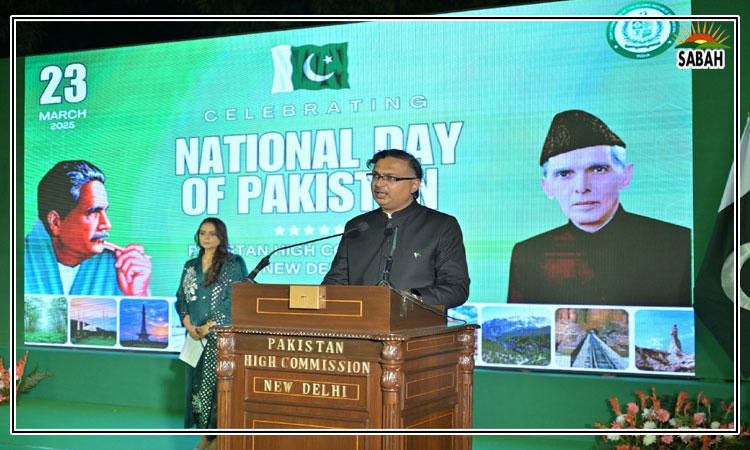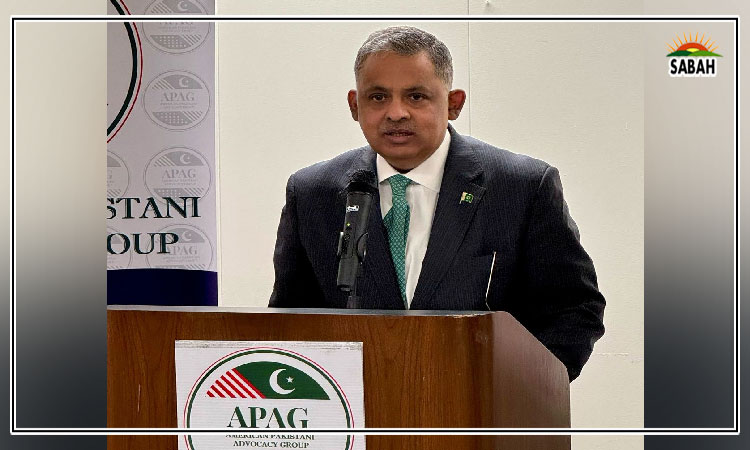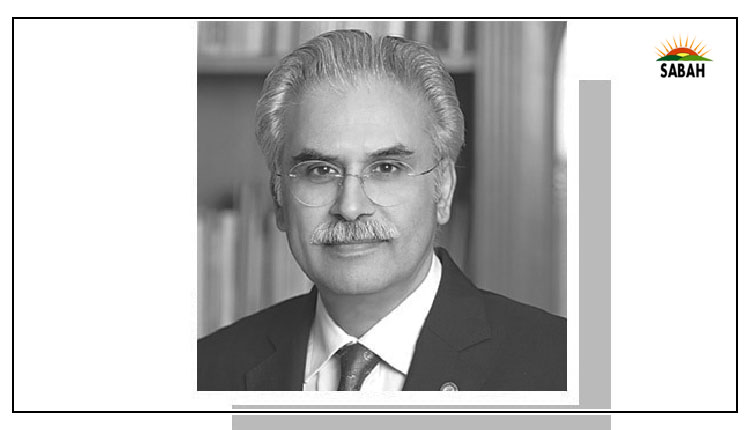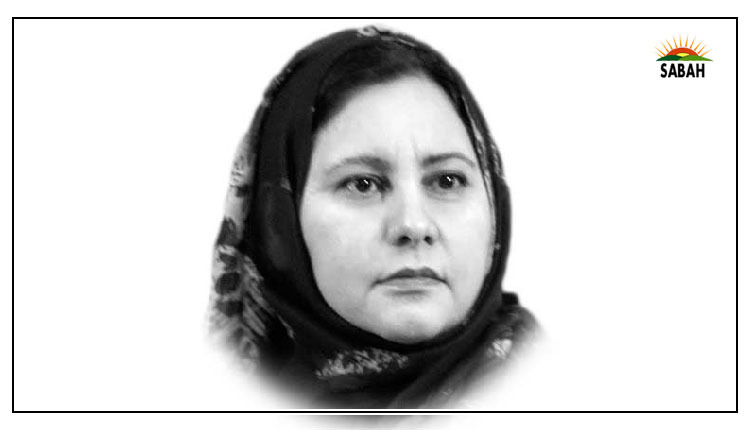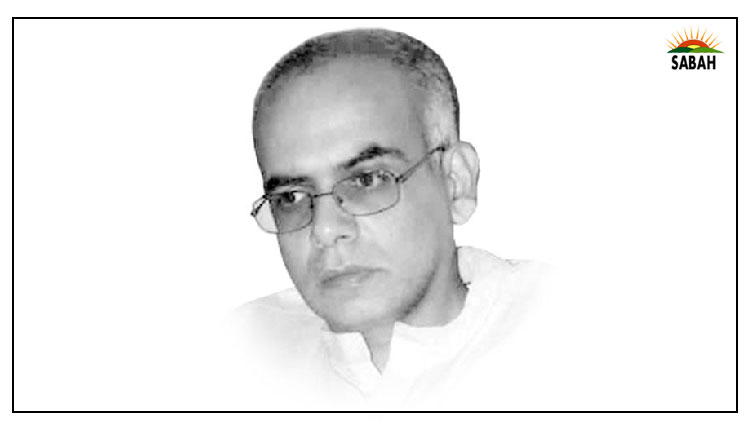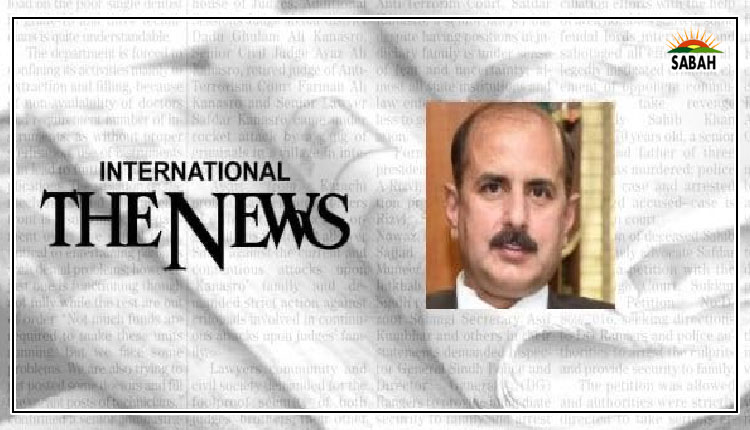Crushing Kashmir … Sabur Ali Sayyid
Four years ago today, India arbitrarily revoked the special status of Jammu and Kashmir under its constitution and transformed it into a union territory directly governed from Delhi in a move to disempower Kashmiris and stifle their movement for liberation.
Examining the measures taken during this period is crucial to understanding their impact on the ground and exploring potential paths to bring Kashmir back into the limelight. Three critical areas of intervention deserve special attention.
India first dismantled the local industry in Occupied Kashmir to cripple the region’s economy and render its inhabitants helpless. According to a report issued by the Kashmir Chamber of Commerce and Industry (KCCI), the region suffered a staggering loss of up to Rs178.78 billion and 0.496 million jobs within the first 120 days of the Indian decision to reduce the status of the held-state as a union territory in 2019. This economic shock has made it almost impossible for the region to recover since then.
According to a report by the Legal Forum for Kashmir (LFK), India has grabbed 178,005.213 acres of land in Kashmir and 25,159.56 acres in Jammu to deprive the people of their major source of income and self-sustainability. Unemployment in the region has reached 23 per cent, while investments have plummeted by 55 per cent.
The political disempowerment of Kashmiris has occurred at breakneck speed, resembling the settler colonialism in Palestine. India has issued domicile certificates to approximately 3.5 million outsiders to alter the demographics and dilute the Muslim majority in the region. This has led to changes in the electoral landscape, including increasing the number of seats in the assembly from 83 to 90. This has also resulted in six additional seats for the Hindu majority in Jammu (from 37 to 43) compared to just one additional seat for the Muslim majority (from 46 to 47).
The disproportionate increase in assembly seats for Jammu raises serious concerns, as it constitutes 44 per cent of the population in the former state of Jammu and Kashmir but holds 48 per cent of the assembly seats. Conversely, the Kashmir Valley – with 56 per cent of the total population – now has only 52 per cent representation in the assembly, despite having a greater population than Jammu, as per the 2011 census.
India’s changes in education policies and renaming of significant landmarks indicate a plan for the cultural assimilation of Kashmir. Designating Hindi as the official language of Kashmir – despite being spoken by only 2.0 per cent of Kashmiris according to the 2011 census – threatens the centuries-old heritage, literature, history, and identity associated with Urdu. The renaming of historical sites after prominent Hindu figures and planning to reconstruct 50,000 temples further intensify concerns about preserving Kashmir’s distinct cultural identity.
Facing these challenges, Kashmiris have no choice but to explore immediate strategies to counter India’s disempowerment plans and reinvigorate their struggle for independence. While their ultimate goal remains unchanged, they must adopt flexible strategies in response to shifting ground realities, learning from India’s history.
In 2008, India agreed to open trade across the Line of Control (LoC) to defuse mounting pressure and resolve the longstanding issue peacefully. However, in 2019, it was suspended.
Kashmiris must also understand that their liberation from the Indian occupation will be a long and arduous process. In other words, it will neve be an incident but a process. A more prudent approach, therefore,would be to ‘engage, penetrate, and influence (EPI)’ India, rather than sticking to the old policy of ‘near-total disengagement’, which proved self-defeating in the end.
Creating safe spaces for people and advocating for the release of incarcerated leaders should be primary objectives. Leveraging support for the resumption of Pakistan-India trade in exchange for relief can strategically benefit the Kashmiri cause. India’s need for a land route through Pakistan to access the Central Asian Republics for its energy needs provides an opportunity for Kashmiris to negotiate, demanding an end to state repression and certain other solid guarantees.
Presenting the issue of human rights violations in Occupied Kashmir from a fresh perspective, in line with global ground realities, is crucial. A calculated awareness campaign about the unjust prolonged imprisonment of Kashmiri leaders and human rights activists can catch the attention of concerned circles and mount pressure on India for their release. The planned execution of non-violent struggle champion Yasin Malik serves as a perfect case to reinvite world attention to the Kashmir issue and expose India’s propensity for violent repression.
Utilizing legal avenues to challenge India’s settler colonialism policy at various forums can highlight its violation of international principles and conventions. Settler colonialism involves the occupying state enrolling settlers with the goal of eradicating the indigenous population and occupying their land.
This violates Article 49 of the Fourth Geneva Convention of 1949, which prohibits transferring civilian populations into occupied territories. Additionally, India’s actions violate Principle 6 of the Guiding Principles on Internal Displacement of the UNHCR, which guarantees protection against arbitrary displacement from one’s home or place of habitual residence.
They also contravene Article 11 of the International Covenant of Economic, Social, and Cultural Rights of 1966, which recognizes the right to an adequate standard of living, including food, clothing, housing, and continuous improvement of living conditions.
Forming close liaisons with indigenous communities in America, Canada, Australia, and Palestine can open a new chapter in Kashmir’s history and bring attention to India’s project of settler colonialism. This approach will also assist the Kashmiris in garnering support from organizations advocating for the rights of indigenous peoples worldwide, enabling them to join larger networks seeking global support in their quest for self-determination and justice.
The writer is an Islamabad-based researcher with a special interest in India, Pakistan and regional affairs. He can be reached at: sabursayyid@gmail.com
Courtesy The News




